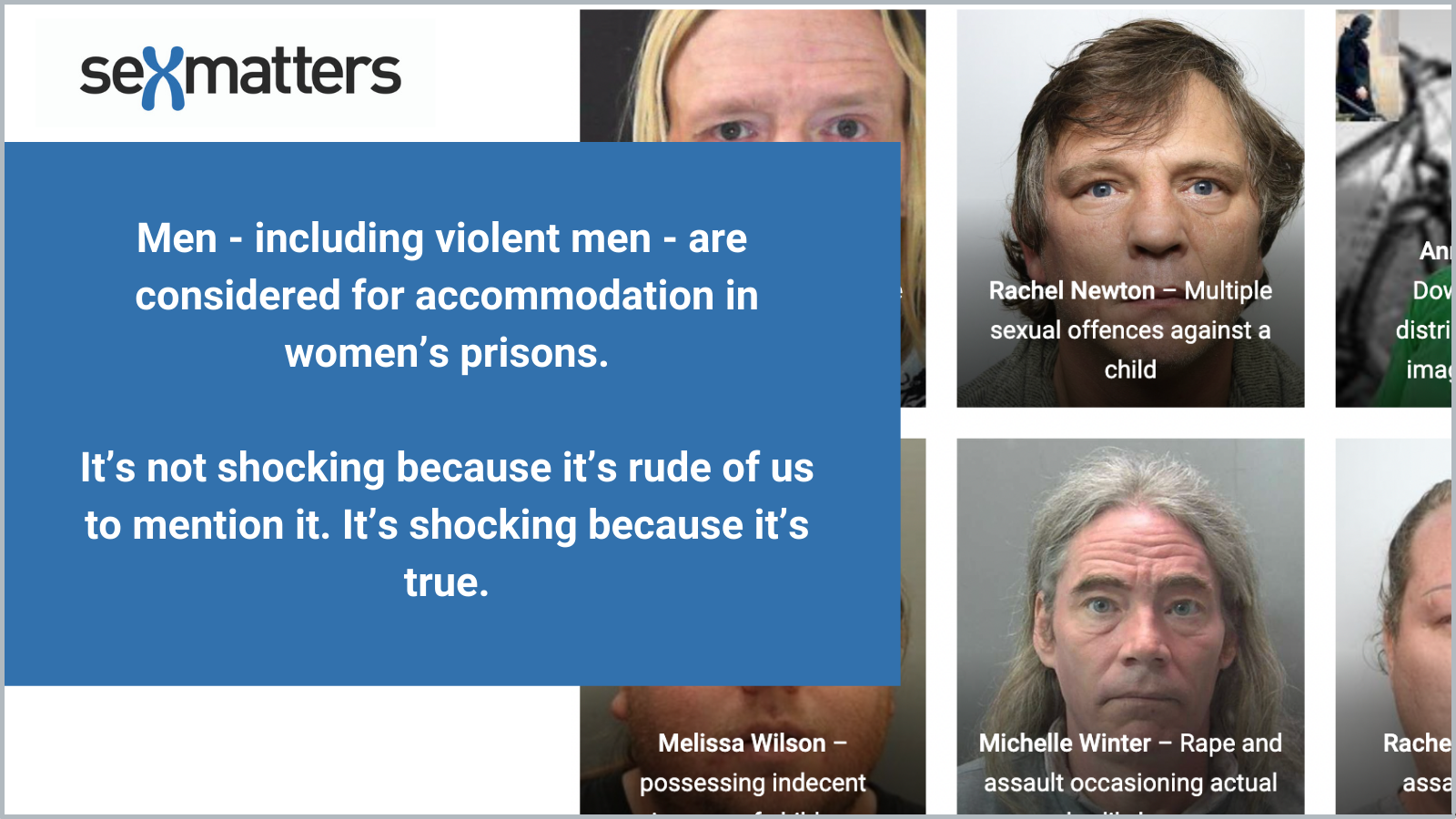Were we unkind?

We have had this email about yesterday’s post on the prisons judicial review to which we think we should respond:
The first thing we want to say to the writer is “thank you”. We mean that. If one of our own supporters writes this to us, then it’s a certainty that several others are thinking it. And if some of our own supporters think we’ve misjudged this, then the likelihood is that some of the rest of the world thinks so, too.
Information about how our message is landing is important to us, whether or not in the end we think we got it wrong. So we’re grateful to receive it, and we will always reflect seriously on it and seek to learn from it. Undoubtably we will get things wrong from time to time. If, having reflected, we think we got it wrong, we need to recognise the mistake, apologise and change our approach. And even if we didn’t get it wrong, communication like this gives us a useful opportunity to explain our thinking.
Tone matters. We want to persuade people – and alienating the people you want to persuade is always a bad start. There’s a degree of shock factor in the photographs of convicted criminals that accompanied our last blog and mail-out about the recent judgment of the High Court in FDJ v Secretary of State for the Home Department. We know that some people will think it unkind (or worse) to use such images in support of our arguments. Though bear in mind that we will be criticised whatever we do: we tend to get flak from others among our supporters when we fail to refer to a trans-identifying male straightforwardly as a “man”.
We agree these photographs are shocking. But we think the reason why they are shocking is that they tell the truth, and tell it more vividly and powerfully than words can. The truth is this: men are being accommodated in women’s prisons; and female prisoners and prison officers are being forced to pretend that they are women. And judges, the police, newspapers and even some gender-critical feminists are calling male suspects and criminals “women”. Their crimes are being recorded in crime statistics as crimes committed by women. We don’t know which, if any, of the particular men pictured are currently housed in women’s prisons; but we do know that some violent men are. The point of the pictures is to make it impossible to avoid understanding the reality of what is happening.
We don’t agree that there is anything akin to vigilantism in using these pictures. Vigilantism is a word for the conduct of members of the public who take it on themselves to punish those they regard as criminals, because they think the criminal-justice system has failed or may fail to deal adequately with an offence. We don’t encourage such conduct, and there is nothing in our blog that could reasonably be read that way. The photographs we have published are of men who have been dealt with by the criminal-justice system; and they have been published in the press, along with reports of the individuals’ crimes and their sentences.
We realise, too, that in defending our blog in these terms we will be thought by some to have compounded the offence. We have called these individuals “men”. That will be called “misgendering” and we will be monstered for it.
In most contexts – in particular, in most personal and professional contexts – we are willing to use people’s preferred names, and to avoid using nouns (e.g. “man”), adjectives (e.g.”male”) and pronouns (e.g. “he”) that will upset them. But we draw a line here: when sex is relevant we must be allowed to name it, and to speak plainly and truthfully about it. We know that some people on our own side of this debate will think we are going too far. We think the very fact that even some people who know – and are prepared to say they know – that sex matters are shocked by our willingness to “misgender” rapists demonstrates what a brilliantly effective job the gender lobby has done in making the truth unsayable, almost unthinkable. We are determined to roll that back. It’s going to cost some discomfort and some shock, and it may lose us some support in the short term. That’s a shame, if so. We hope in the end we’ll gain more support than we lose by telling the truth. We think being able to tell the truth matters.
Men – including violent men – are being accommodated in women’s prisons, and female prisoners and prison officers are being made to pretend that they are women.
It’s not shocking because it’s rude of us to mention it. It’s shocking because it’s true.
